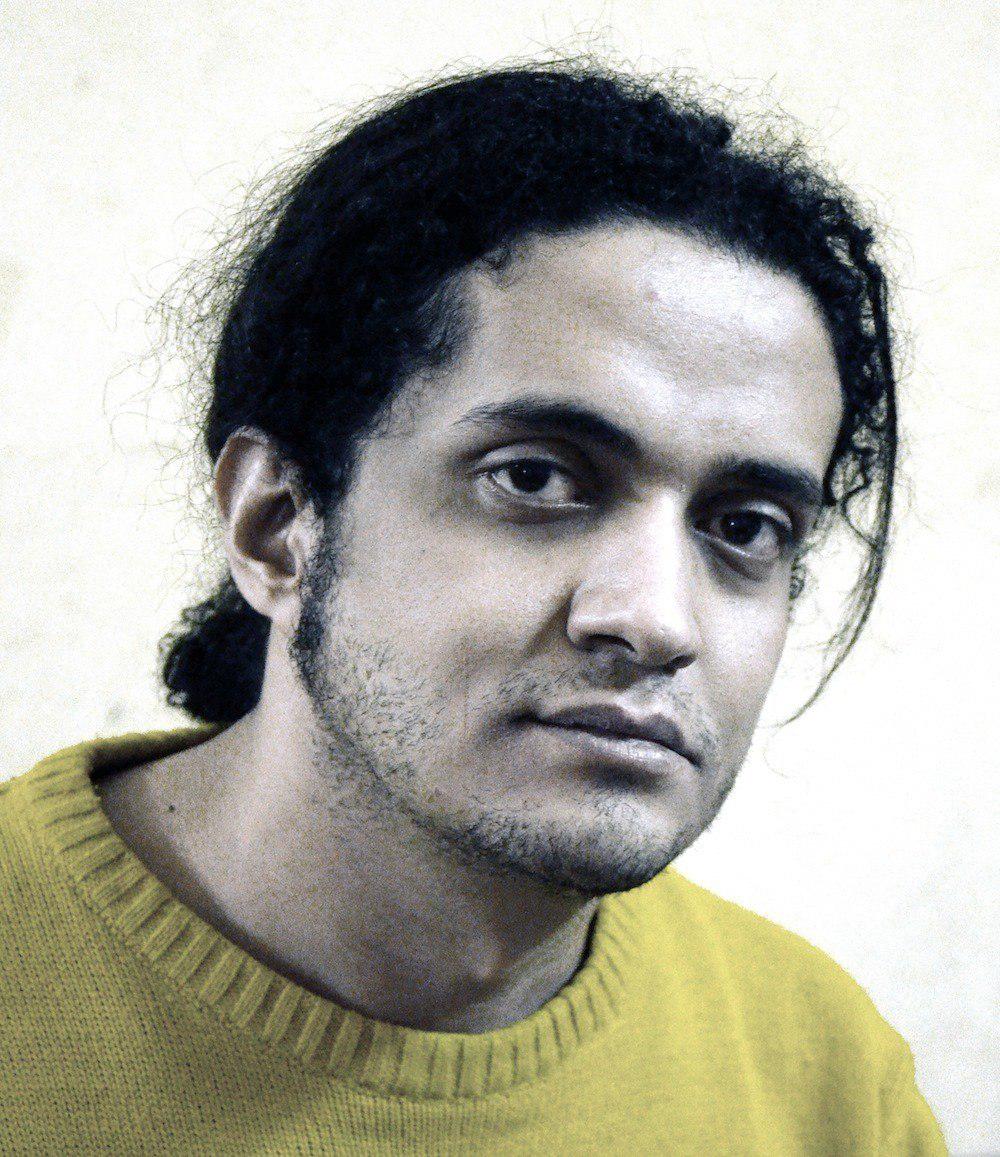
It has been 200 days since the General court in Abha lowered the death sentence judgment against the Palestinian poet Ashraf Fayadh and sentenced him to 8 years and 800 lashes as a result of him exercising his freedom of opinion and expression, Fayadh ‘s destiny remains unclear.
The issue is on-going delay by the appeal court, and has led to rising fears that the final judgement will be stricter which the recent judgment which was issued by the general court in Abhain November 2015.
Fayad hwas arrested January 2014 and was subjected to several violations which culminated in the issuing of a death sentence due to poems he had written, which is in violation of his right and the freedom in his opinion expressions.
This prompted United Nations experts to issue a statement on the 3rd December 2015, to call upon the government of Saudi Arabia to halt the death penalty against Fayadh.
The poetry that led to Fayadh being charged was recited at a poetry event entitled ‘The internal teachings’. The poems were later published by Dar Al Farabi Publisher in Lebanon in 2007. Fayadh courts convictions pertaining tosome of his poetry, which equated his sentences with atheism in the year 2014, which came after publication of his poetry book some 7 years later, and despite the book not being printed in Saudi Arabia either.
Following the delay to look in his charges and the issues from the appeal court in this period the fear for his life continue to rise.
The European Saudi Organisation for Human rights (ESOHR) confirms that Fayadh’scase is purely a case related to opinion. The organization notes that his on-going imprisonment is in the fate of the hardliner thoughts of judges in the executive courts in Saudi Arabia, and calls upon the authorities to release him without any conditions.
The organization confirms that the arrest of poet Fayadhby the Saudi authorities, violates fundamental rights such as freedom of thoughts and expression and the right to life, which are enshrined rights in international covenants.
